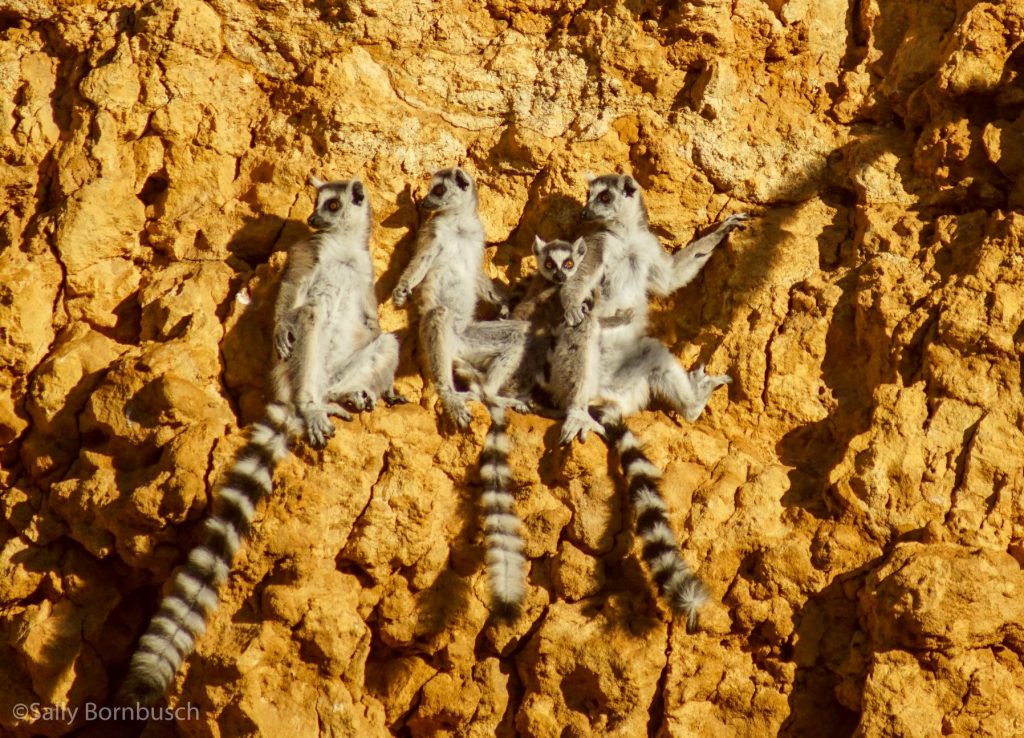
Modern life messes with the microbiome -– the trillions of bacteria and other microbes that live inside the body. Could reconnecting with nature bring this internal ecosystem back into balance?
A new study suggests it can, at least in lemurs. Led by Duke Ph.D. alumnus Sally Bornbusch and her graduate advisor Christine Drea, the research team collected fecal samples from more than 170 ring-tailed lemurs living in various conditions in Madagascar: some were living in the wild, some were kept as pets, and some were rescued from the pet and tourism industries and then relocated to a rescue center in southwestern Madagascar where they ate a more natural diet and had less exposure to people.

Then the researchers sequenced DNA from the fecal samples to identify their microbial makeup. They found that the longer lemurs lived at the rescue center, the more similar their gut microbes were to those of their wild counterparts. Former pet lemurs with more time at the rescue center also showed fewer signs of antibiotic resistance.
By “rewilding” the guts of captive animals, researchers say we may be able to better prime them for success, whether after rescue or before translocation or reintroduction into the wild.
This research was supported by grants from the National Science Foundation (1945776, 1749465), the Triangle Center for Evolutionary Medicine, Duke’s Kenan Institute for Ethics, the Margot Marsh Biodiversity Fund and Lemur Love.
CITATION: “Microbial Rewilding in the Gut Microbiomes of Captive Ring-Tailed Lemurs (Lemur catta) in Madagascar,” Sally L. Bornbusch, Tara A. Clarke, Sylvia Hobilalaina, Honore Soatata Reseva, Marni LaFleur & Christine M. Drea. Scientific Reports, Dec. 27, 2022. DOI: 10.1038/s41598-022-26861-0.

